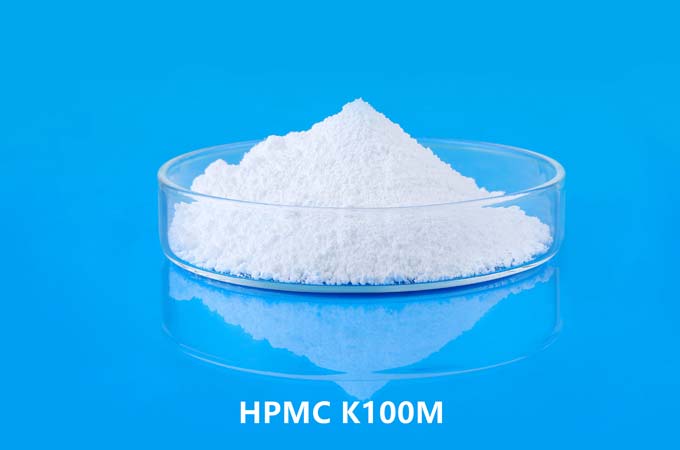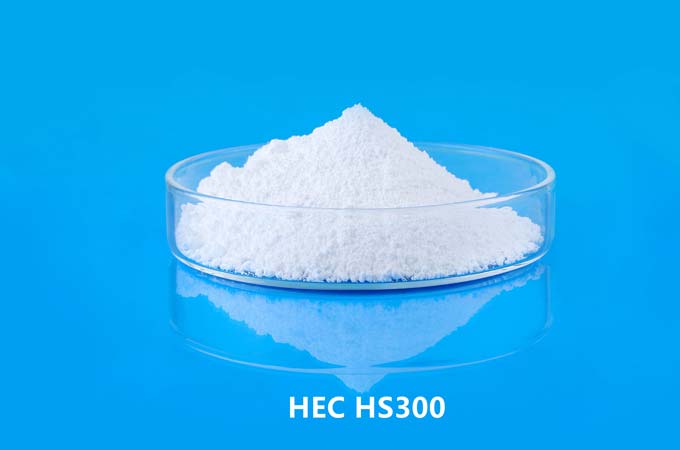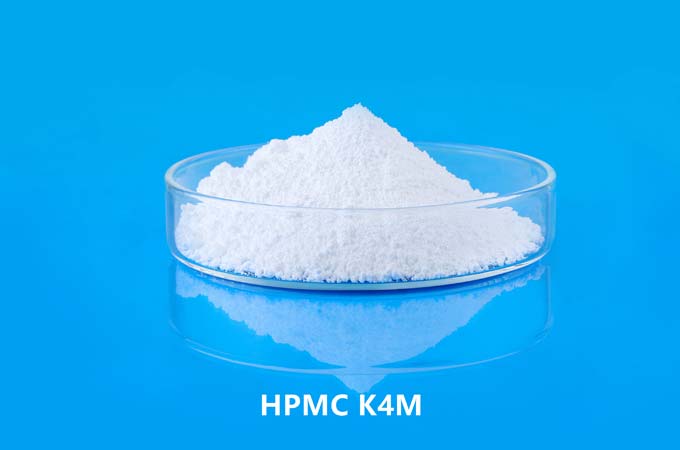Hydroxyethyl Cellulose (HEC) is a non-ionic water-soluble polymer, which is modified from natural cellulose by alkalization, ethylene oxide etherification and other processes. Due to its good solubility, thickening, film-forming, water retention and stability, HEC plays a very important role in oilfield chemicals. The following systematically explains the role of hydroxyethyl cellulose in oil fields from multiple aspects such as drilling, fracturing, completion, and operating fluid.
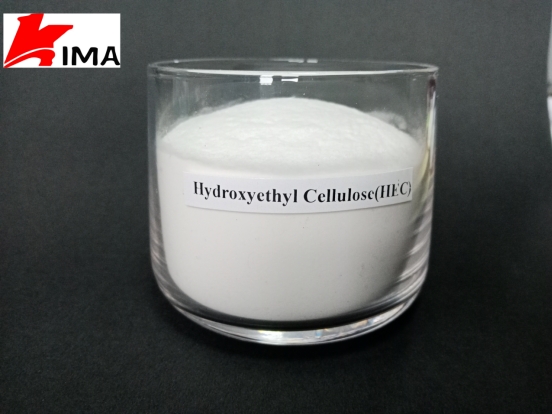
1. Application in drilling fluid
During the oil drilling process, drilling fluid (also known as drilling mud) has multiple functions such as cooling the drill bit, carrying cuttings, stabilizing the well wall, and controlling formation pressure. HEC plays the following main roles in drilling fluid:
Thickening effect: HEC can effectively increase the viscosity of drilling fluid and improve its ability to carry cuttings, which is conducive to bottom hole cleaning and prevents cuttings from clogging the wellbore.
Inhibit filtration loss: HEC has good hydration ability, forming a dense filter cake on the surface of the well wall, significantly reducing water leakage into the formation and reducing the risk of well wall collapse.
Good stability: HEC is a non-ionic polymer that is not affected by changes in the concentration of electrolytes (such as calcium and magnesium ions) in the formation and can work stably under various complex geological conditions.
Excellent environmental performance: Compared with traditional synthetic polymers, HEC is derived from natural cellulose, is easy to biodegrade, environmentally friendly, and in line with the concept of green drilling.
2. Application in fracturing fluid
In oil and gas production, hydraulic fracturing is a commonly used production increase measure. The performance of fracturing fluid is directly related to the formation of cracks and the effect of proppant delivery. HEC plays the following roles in fracturing fluid:
Thickener: HEC can effectively increase the viscosity of water-based fracturing fluid and improve its sand carrying capacity, thereby transporting proppant to the depth of the crack and maintaining the crack open.
Good shear stability: During high-pressure injection, HEC has strong shear resistance, which can keep the system stable and reduce viscosity loss.
Controllable degradation: After the fracturing operation is completed, HEC can be degraded by oxidants or enzymes to reduce the viscosity of the return fluid, which is conducive to ground recovery and treatment.
3. Application in completion fluid and working fluid
During the completion and oil well operation process, various working fluids (such as completion fluid, packer fluid, workover fluid, etc.) are required to ensure the safety of the operation and the long-term stable production of the oil well. HEC has the following advantages in such fluids:
Viscosity adjustment function: By controlling the amount of HEC, the viscosity of the liquid can be flexibly adjusted to meet the needs of different working conditions.
Strong carrying capacity: The moderately thickened working fluid can effectively carry impurities such as metal chips and sand particles to avoid wellbore blockage.
Reduce formation damage: HEC has good filtration control performance, reduces the invasion of working fluid into the oil layer, reduces oil layer damage, and is conducive to improving recovery.
Excellent compatibility: HEC has good compatibility with other commonly used chemical additives (such as surfactants, corrosion inhibitors, fungicides, etc.), strong compatibility, and flexible application.
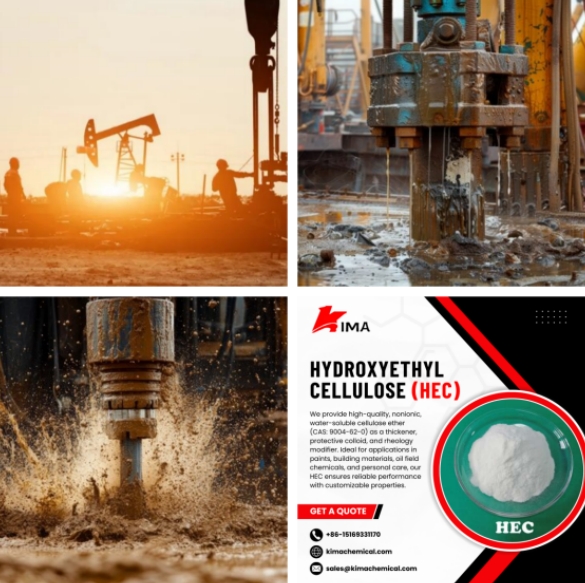
4. Other auxiliary functions
In addition to the above main functions, HEC also plays an auxiliary role in other aspects of oilfield production:
Mud treatment agent: As a rheological regulator, it is used to improve the fluidity and stability of mud.
Cement slurry additive: In oil well cementing, HEC can improve the fluidity and water retention of cement slurry and improve the quality of cementing.
Oil and gas reservoir protector: The low toxicity and low filtration loss of HEC can effectively protect the oil and gas layer and prevent irreversible damage.
As a water-soluble polymer with excellent performance, hydroxyethyl cellulose has a wide range of important applications in many aspects of oilfield development. With the continuous advancement of oilfield technology and the increasing requirements for environmental protection and safety, HEC will play a more important role in the field of oilfield chemicals in the future with its natural, degradable and green characteristics.
 English
English 日本語
日本語 français
français Deutsch
Deutsch Español
Español italiano
italiano русский
русский português
português العربية
العربية Türkçe
Türkçe Nederland
Nederland


